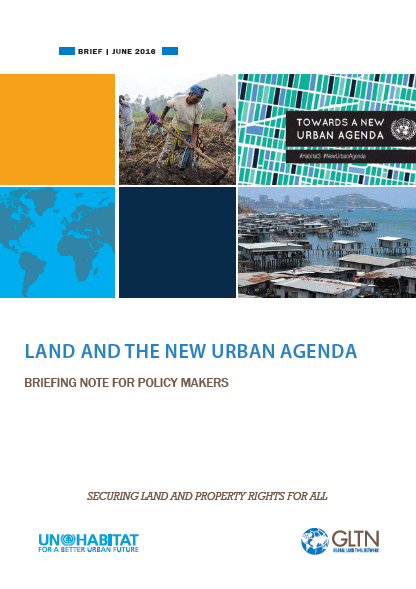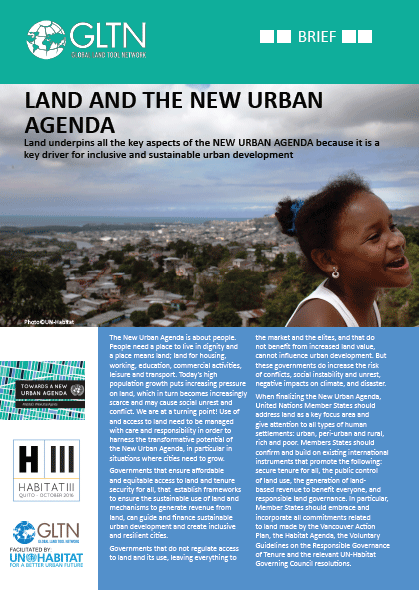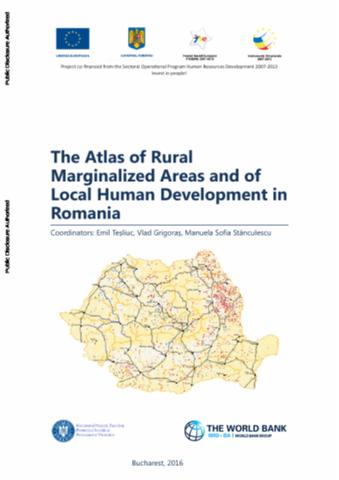India Land Governance Assessment
As India continues to urbanize and move
towards a less agricultural- and more industry-based
economy, land demands will continue to grow. Its urban
population is expected to increase by more than 200 million
by 2030, requiring 4 to 8 million hectares of land for
residential use alone. Demands for infrastructure and
industry could add a similar amount, summing to total land
demand of 5 to10 percent of the land area currently used for





